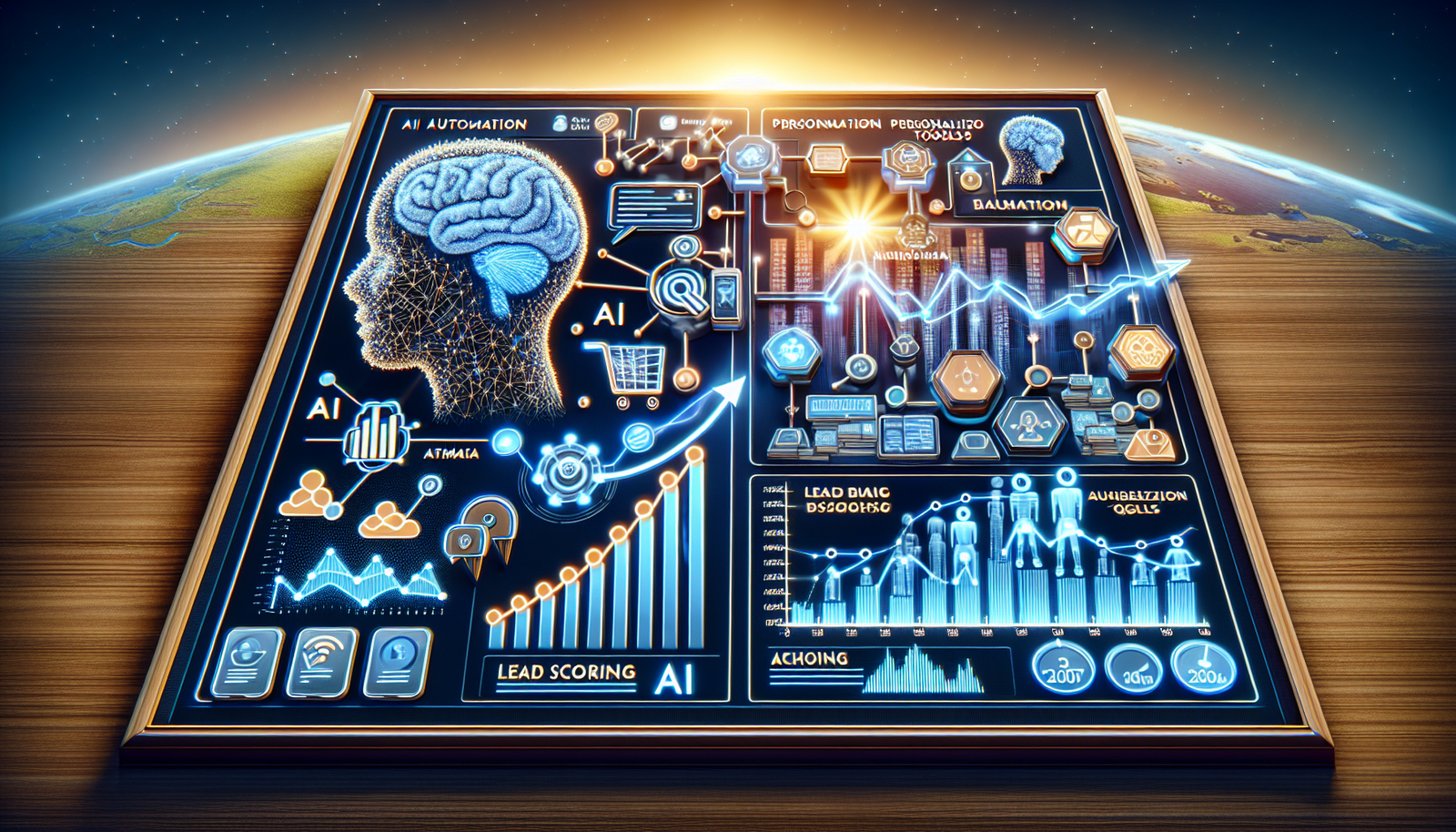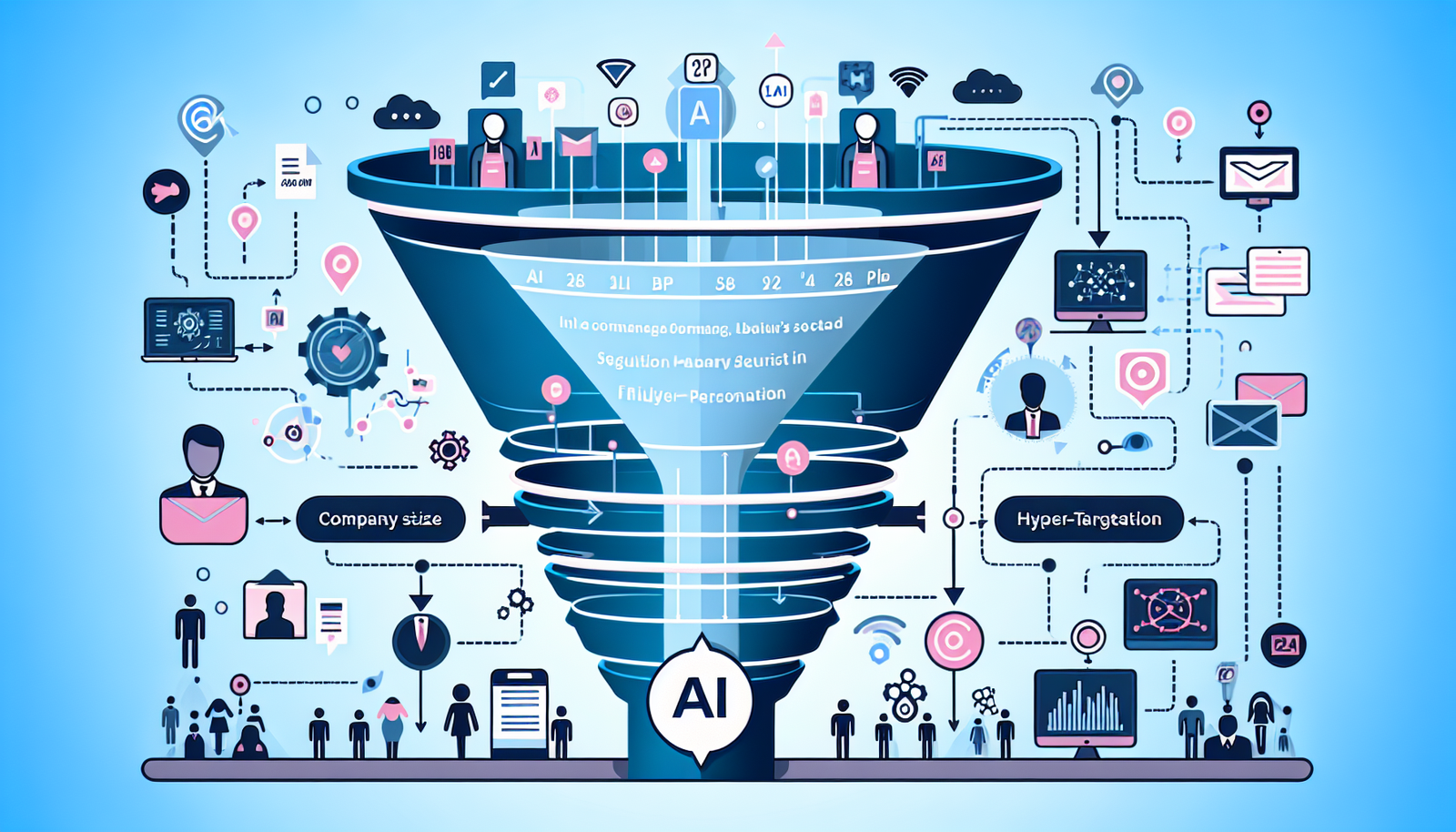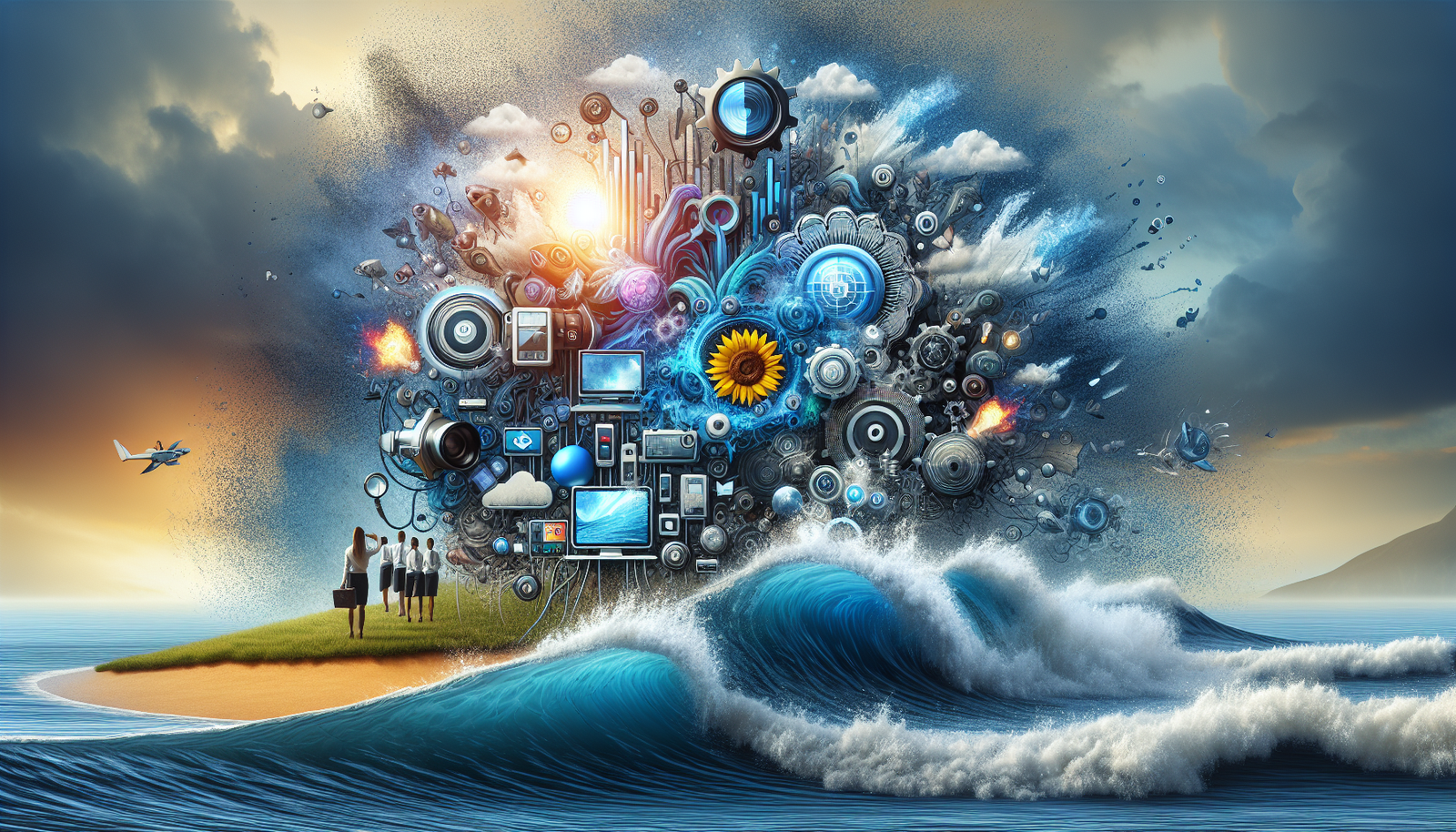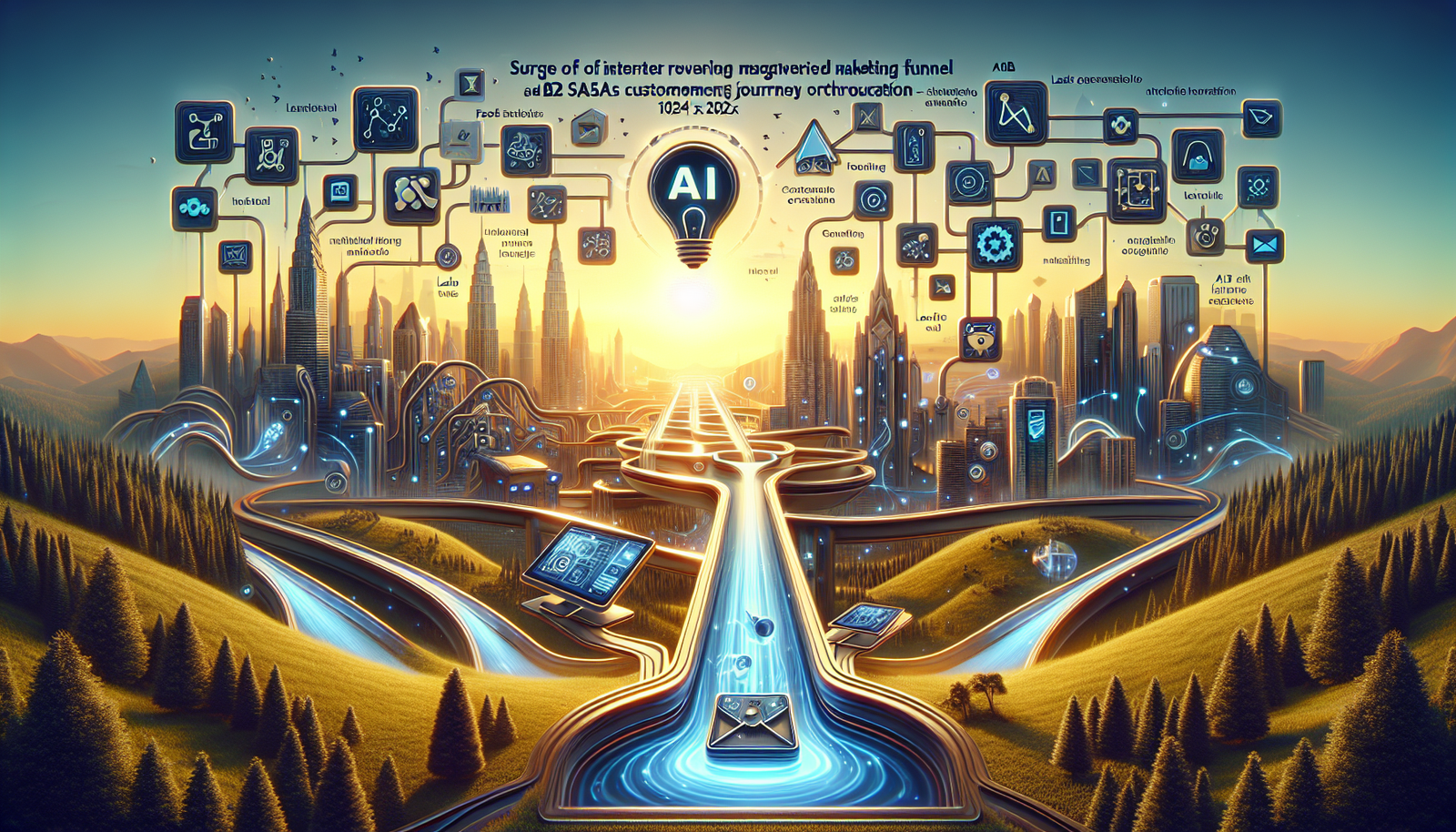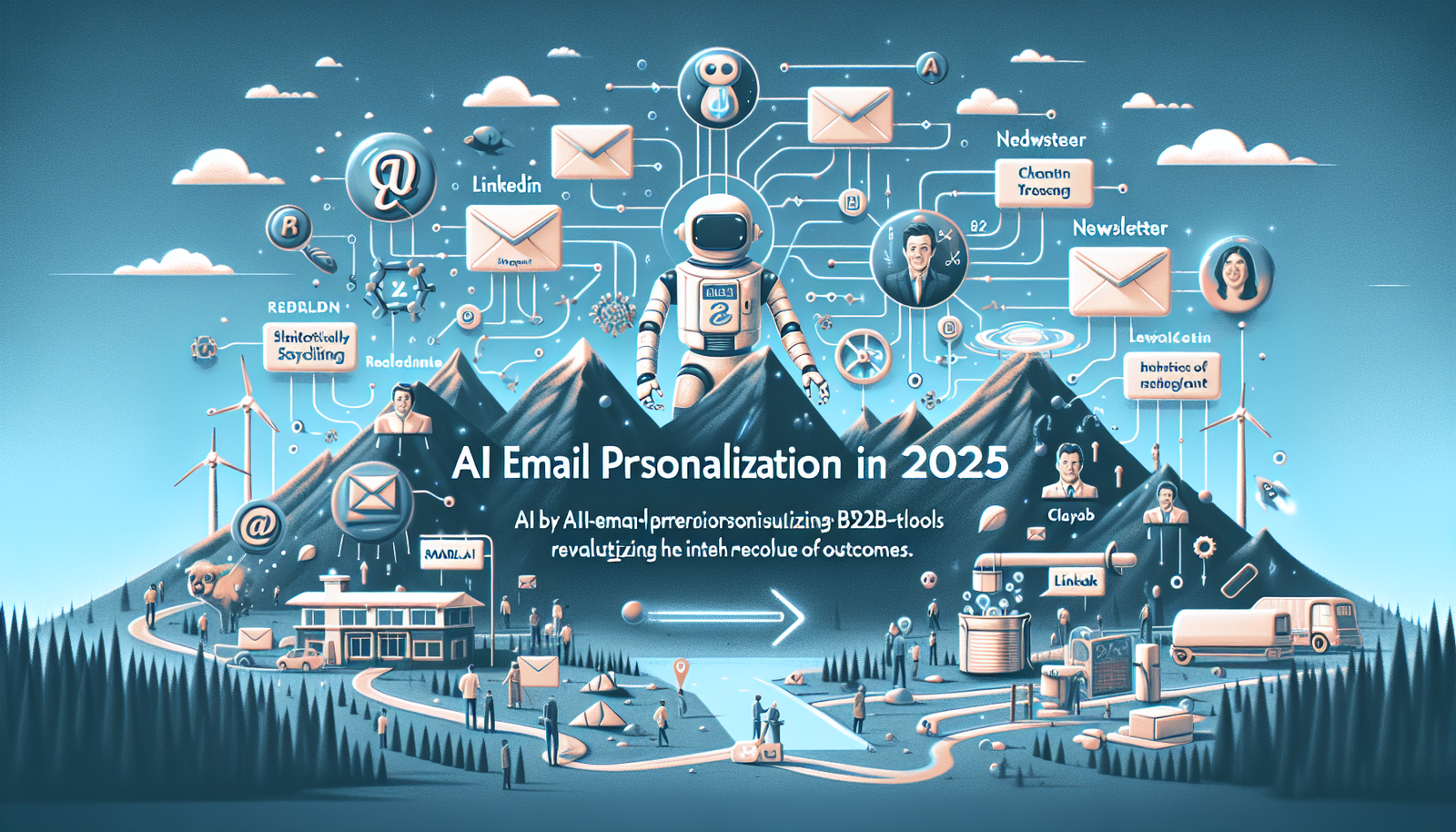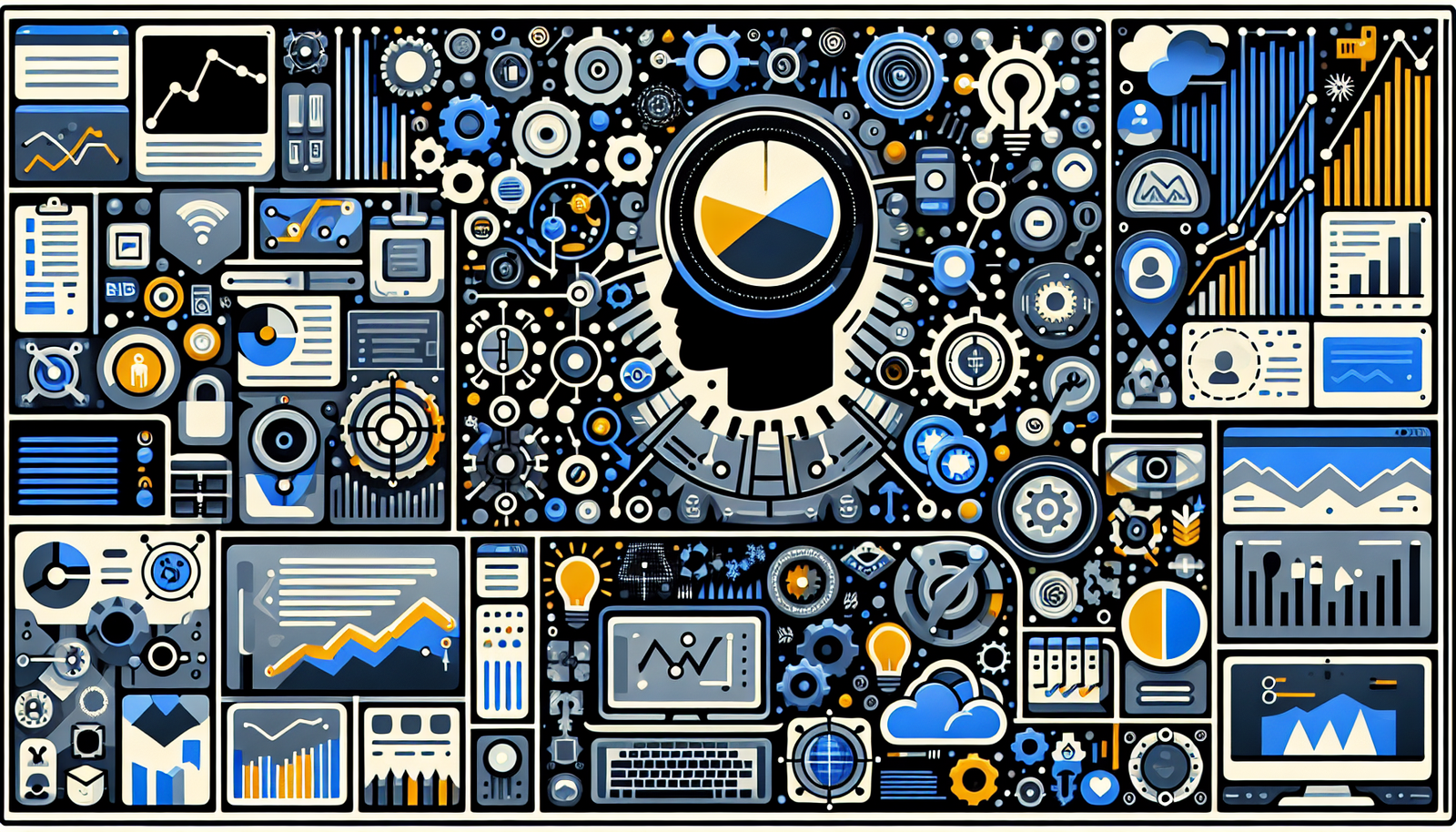Introduction: How AI Marketing Funnels Work
Artificial Intelligence (AI) is rapidly transforming how marketers structure the customer journey — particularly within funnels. An AI marketing funnel automates and personalizes the journey from brand awareness to final conversion by leveraging machine learning, behavioral data, and customer insights. As businesses strive for greater efficiency and precision in targeting, AI becomes an imperative — not just an enhancement.
Why marketers are turning to AI for funnel optimization
Traditional marketing funnels are predictable and rule-based. AI marketing funnels, by contrast, dynamically optimize based on real-time data, enabling more relevant, automated, and scalable strategies. According to Salesforce’s State of Marketing (2022), 68% of marketers identify automated customer journeys as essential to success. From content suggestions to predictive lead nurturing, AI streamlines funnel progression.
Introducing AI marketing funnels from awareness to conversion
The AI marketing funnel mirrors the classic model — Top of Funnel (ToFu), Middle of Funnel (MoFu), Bottom of Funnel (BoFu) — but elevates each stage using automation and data insights. Let’s break down how AI powers each phase.
Top of Funnel (ToFu): Driving Awareness with AI
AI-driven content recommendations and ad targeting
At the awareness stage, AI enhances outreach. Algorithmic recommendation engines tailor blog articles, social ads, and video content to match audience interests. Google and Meta use AI to optimize ad delivery by analyzing user intent, location, and behavior. This results in better engagement and lower acquisition costs.
Intelligent social listening and trend detection
AI tools like Brandwatch and Sprout Social scan millions of social conversations to detect emerging topics. Marketers can tap into these insights to shape campaigns aligned with what audiences care about now.
Middle of Funnel (MoFu): Nurturing Leads with Personalization
Dynamic audience segmentation powered by AI
AI tools segment audiences not just by demographics but behaviors. Platforms like Segment and ActiveCampaign analyze browsing, purchase, and content consumption patterns to serve variants of messaging best suited to each user cluster.
Email automation and predictive content delivery
AI-enhanced email platforms tailor content, subject lines, and timing. For example, AI may detect a user’s preference for weekend reads and automatically send a personalized email on Saturday morning. Predictive analysis determines what content increases the likelihood of further funnel progression.
Bottom of Funnel (BoFu): Enhancing Conversion Through Data
AI lead scoring and CRM integrations
AI models prioritize leads based on scoring algorithms that evaluate past actions, time on site, email engagement, and other metrics. Integrated into CRMs like Salesforce or HubSpot, AI helps sales teams focus on the most conversion-ready leads.
Behavioral triggers and real-time personalization
Tools like Dynamic Yield or Adobe Target use machine learning to detect conversion signals. For example, a repeat visitor hovering over a pricing page might instantly receive a chatbot message offering a discount code — prompting timely action.
Benefits and Challenges of AI Marketing Funnels
Key advantages: efficiency, precision, scale
- Efficiency: Replaces manual tasks with automated decision-making.
- Precision: Targets users based on real-time interest and behavior.
- Scalability: Deploys hyper-targeted campaigns across thousands of users simultaneously.
Limitations: data privacy concerns and model bias
AI relies on data — raising privacy compliance issues under laws like GDPR and CCPA. Additionally, improperly trained models may reinforce biases, affecting which leads receive attention or which offers appear.
Conclusion: Transforming the Funnel with Intelligence
Final thoughts on building an AI-powered marketing funnel
Modern funnels can no longer depend solely on linear sequences and manual workflows. AI empowers marketing teams to build responsive, personalized journeys that cater to individual customer behavior — in real time. From brand awareness to deal closing, automation rules.
Getting started with small AI wins across your funnel
Marketers can adopt AI progress organically. Start with AI ad tools for ToFu, migrate to predictive email platforms for MoFu, and add AI-scored lead routing in BoFu. Each investment compounds results, guiding your team to a fully intelligent funnel.
FAQs
How does AI improve marketing funnel performance?
AI improves marketing funnel performance by personalizing interactions at every stage, automating responses based on behavior, and predicting optimal timing/content for conversion actions.
What tools enable AI in marketing funnels?
Popular tools include HubSpot (for CRM and automation), Google Ads (for AI-based ad delivery), Dynamic Yield (for personalization), and Segment (for user data segmentation).
Can small businesses use AI for their funnels?
Yes. Many platforms offer affordable entry-level AI features — like Mailchimp for email optimization or Hootsuite’s AI-assisted social automation — making AI accessible even to small teams.
Focus Keyword: AI marketing funnels

